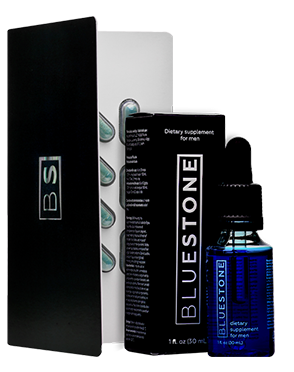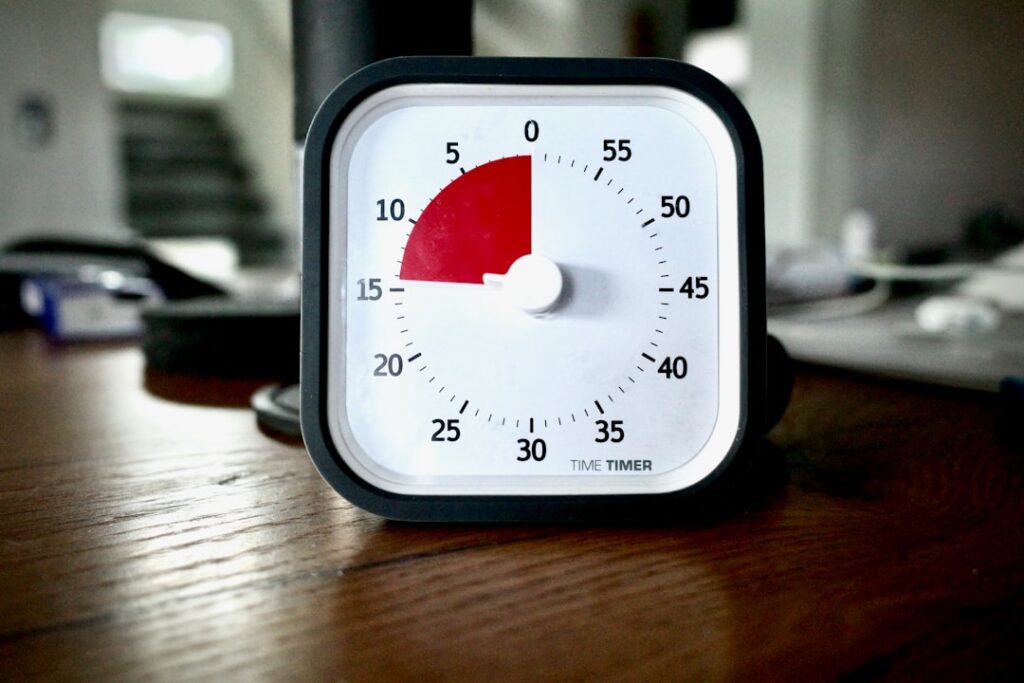Effective Anxiety Management Techniques
Feeling overwhelmed by constant worry? You’re not alone. Millions struggle with anxiety, and finding effective anxiety management techniques can feel like searching for a needle in a haystack. This guide provides practical strategies backed by research to help you regain control and find lasting peace.
Understanding the Anxiety Problem
Anxiety is more than just occasional worry; it’s a pervasive feeling of unease, fear, and apprehension that significantly impacts daily life. It can manifest physically (rapid heartbeat, shortness of breath, trembling) and emotionally (irritability, difficulty concentrating, sleep disturbances). Left unaddressed, anxiety can lead to more serious mental health conditions.
The Anxiety & Depression Association of America (ADAA) reports that anxiety disorders affect 40 million adults in the United States alone.1 The National Institute of Mental Health (NIMH) further emphasizes the significant burden of anxiety on individuals and society, highlighting its impact on productivity, relationships, and overall well-being.2
Imagine Sarah, a 32-year-old marketing executive. She constantly worries about meeting deadlines, making mistakes, and disappointing her boss. This chronic anxiety affects her sleep, appetite, and relationships, leading to burnout and reduced productivity.
Practical Strategies for Anxiety Reduction
Fortunately, effective anxiety management is achievable. Here are some evidence-based techniques:
1. Mindfulness and Meditation:
- Focus on the present moment, reducing overthinking about the past or future.
- Regular meditation practice can calm the nervous system.
2. Deep Breathing Exercises:
- Slow, deep breaths activate the parasympathetic nervous system, promoting relaxation.
- Practice diaphragmatic breathing (belly breathing) for optimal results.
3. Cognitive Behavioral Therapy (CBT):
- CBT helps identify and challenge negative thought patterns that contribute to anxiety.
- It teaches coping mechanisms and behavioral strategies to manage anxious situations.
4. Physical Exercise:
- Regular physical activity releases endorphins, which have mood-boosting effects.
- Even moderate exercise can significantly reduce anxiety symptoms.
5. Healthy Lifestyle Choices:
- Prioritize a balanced diet, sufficient sleep, and limit caffeine and alcohol consumption.
- These lifestyle factors significantly impact mental well-being.
Uncommon Anxiety Management Tips & Myths
While many strategies are well-known, some lesser-discussed approaches can be surprisingly effective:
- Spending time in nature: Studies show exposure to nature reduces stress hormones and improves mood.
- Engaging in creative activities: Art, music, or writing can be powerful outlets for emotional expression.
- Seeking social support: Connecting with friends and family provides emotional resilience.
Myth: Anxiety is a sign of weakness. Reality: Anxiety is a common human experience, often stemming from understandable stressors. It’s a sign that your brain is working, not a reflection of character.
Your Journey to Calmness Begins Now
Overcoming anxiety is a journey, not a destination. By incorporating these anxiety management techniques into your daily life and seeking professional help when needed, you can cultivate resilience, reduce worry, and build a life filled with greater peace and joy. Remember, you deserve to feel calm and in control. Take that first step towards a more tranquil you.





